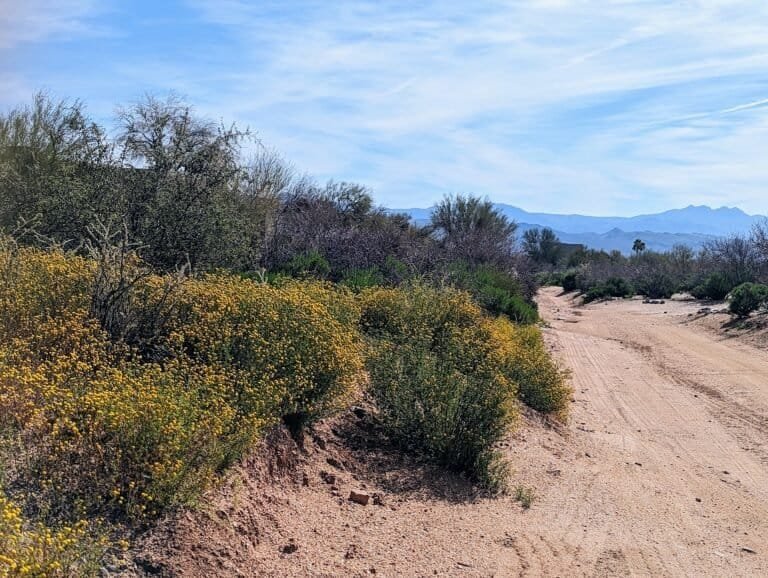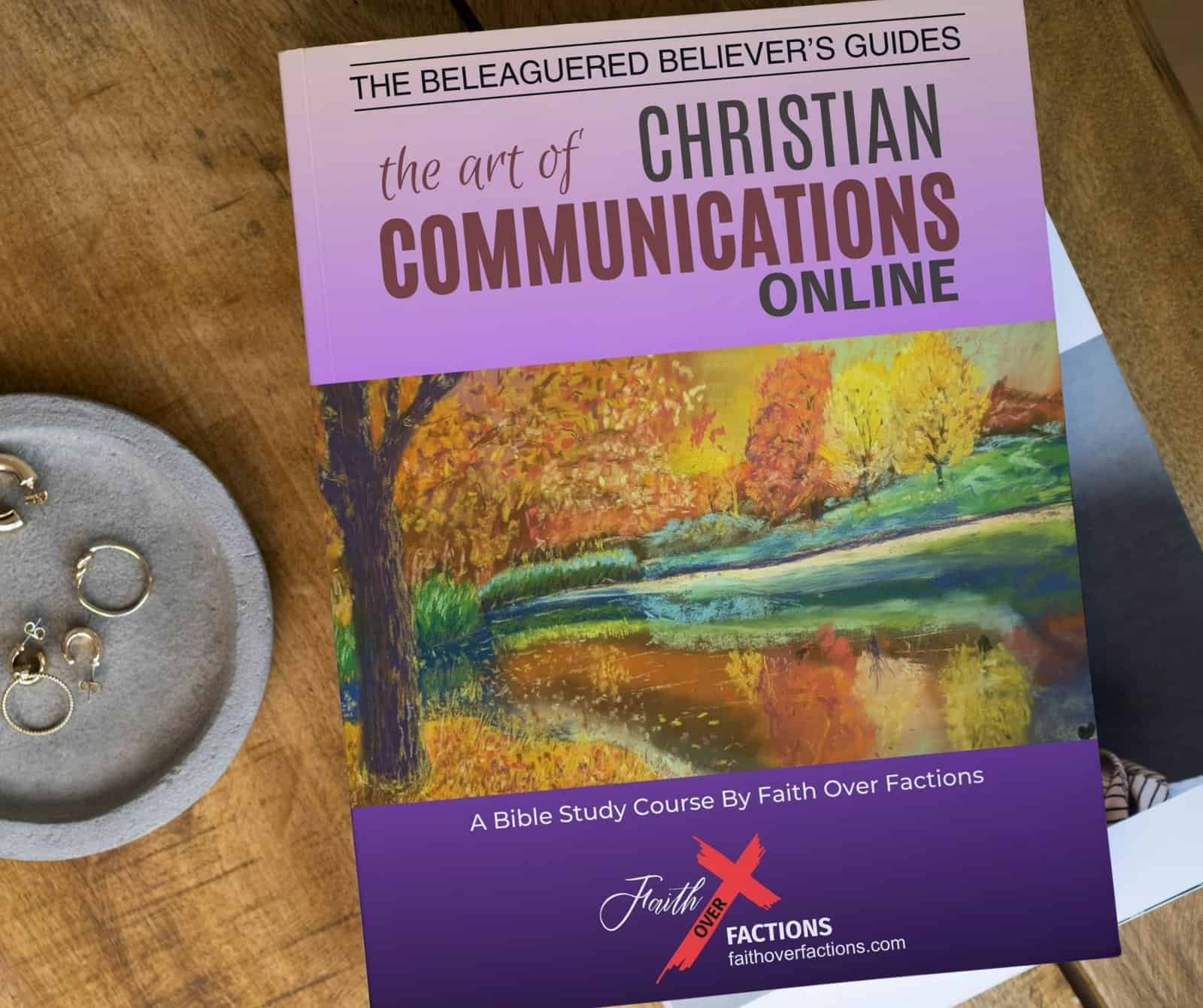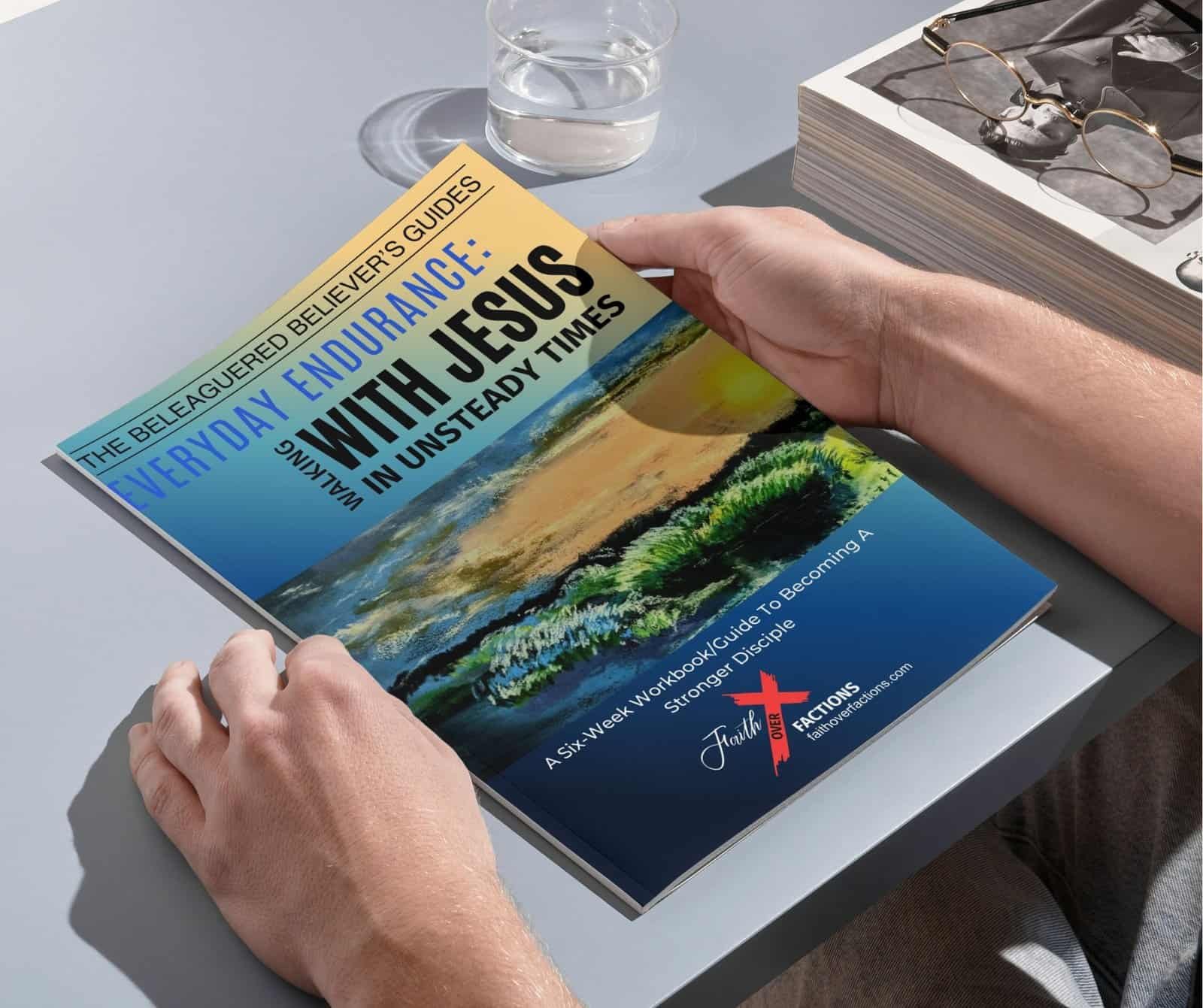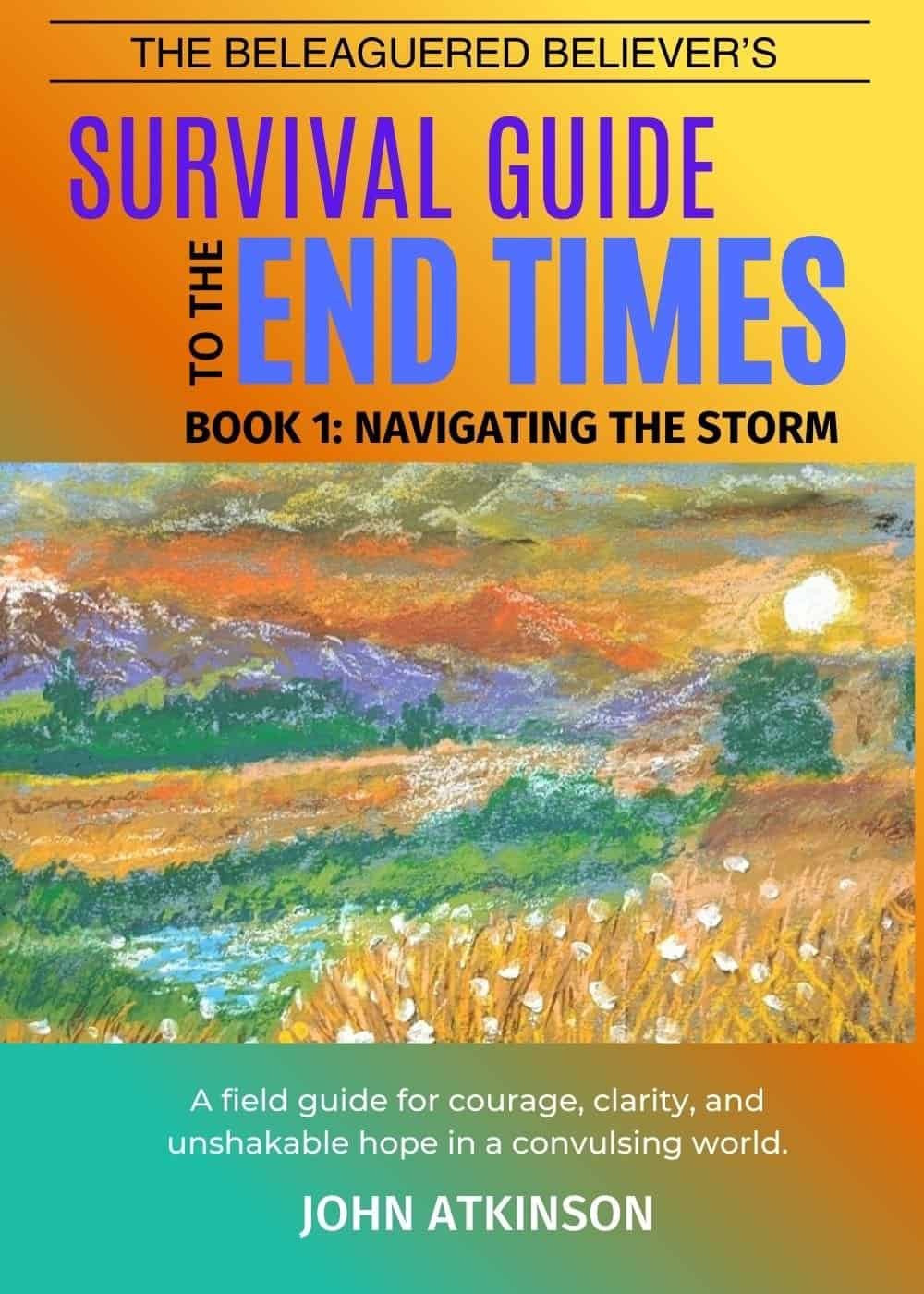

Genesis 4 is not just Cain’s story—it’s ours. Envy, rage, comparison, and fear push us further east of Eden. The first murder begins with a silent rivalry and ends in blood-soaked ground. But even as Cain is driven away, God marks him with mercy. This Mile Marker invites us to confront what crouches at our door—and to believe that even in exile, God still speaks. Healing begins when we let grace answer guilt.
“Sin is crouching at the door, eager to control you. But you must subdue it and be its master.”
Genesis 4:7, NLTSome wounds are older than memory. Genesis 4 opens with a family trying to move on from paradise lost. But exile is not easily escaped. When Cain and Abel are born, hope breathes again—new life in a world still heavy with sorrow. Yet Eden’s ache still lingers, and the first brothers become the first enemies. This Mile Marker invites us to walk slowly through the hard truth: that sin does not just break rules—it breaks relationships. And the road east of Eden is one we all still know far too well.
Adam and Eve bear two sons: Cain and Abel (Gen 4:1-2). Both offer sacrifices to God, but only Abel’s is accepted (Gen 4:3-5). Cain, burning with envy, invites Abel into the field—and kills him (Gen 4:8).
God confronts Cain with the famous question: “Where is your brother?” and Cain replies: “Am I my brother’s guardian?” (Gen 4:9). The ground, soaked with Abel’s blood, cries out. God banishes Cain further into exile, marking him to protect him even in his punishment (Gen 4:11-16).
Cain builds a city, has children, and his descendants become the first musicians, metalworkers, and warriors (Gen 4:17-24). Civilization rises—but so does violence. Lamech boasts of his vengeance. The line of Cain becomes a mirror of humanity’s deepening rupture.
Yet the chapter ends with hope: another son is born—Seth—and people begin to call on the name of the Lord again (Gen 4:25-26).
In ancient cultures, firstborn sons held power and favor. Cain’s offering being rejected would have deeply wounded his identity. Abel’s acceptance threatened his standing. In a world where honor and shame governed everything, Cain felt erased.
God’s response is not harsh but instructive. “Sin is crouching at the door,” He warns (Gen 4:7). Like a predator, it waits—not to tempt, but to master. Cain had a choice. His fall was not inevitable. But his refusal to master the urge led to bloodshed, then legacy-level destruction. His line becomes the template for unchecked violence and revenge.
Envy. Violence. Isolation. Exile.
The first human story after Eden is not one of recovery—but of bloodshed. The way of Cain wounds more than himself. It becomes humanity’s: the tendency to compare, to crave approval, to respond to disappointment with destruction.
Cain is not a monster. He is us—ashamed, angry, aching to be seen and afraid we never will be. But instead of returning to God with his pain, he strikes out in fury. The wound grows. The distance lengthens. And the dust of Eden becomes the grave of a brother.
Abel’s innocent blood cries out from the ground (Gen 4:10). The New Testament book of Hebrews later tells us that Jesus’ blood “speaks a better word than the blood of Abel” (Hebrews 12:24).
Where Abel’s blood demands justice, Christ’s blood delivers mercy. Where Cain is marked and spared, Christ is wounded and slain. Where Cain is sent east, Christ walks into our exile and carries us home.
Every cry of grief in Genesis echoes forward—until the cross answers with compassion that bleeds, covers, and restores what envy destroyed.
Genesis 4 invites us to ask: Where in my life am I letting comparison give birth to resentment?
Cain’s story shows how easily disappointment becomes bitterness, and bitterness becomes violence—not always in our hands, but in our hearts, our words, our judgments. The warning is still true: sin crouches, but we are not powerless. We can rule over it—not through perfection, but through surrender.
We all know the road east of Eden.
But the same God who spoke to Cain speaks to us:
There is still a way back.
Even in exile, God marks us with mercy.
The road away from Eden does not begin with armies or empires.
It begins with a broken relationship between two brothers.
But it does not end there.
Even as Cain walks eastward, God walks with the world He loves.
He does not erase the consequences.
But He does plant seeds of hope, even in the blood-soaked ground.
We carry the ache of Eden.
But we also carry the echo of mercy.
Reflection Questions:
Write honestly. Let God meet you—not with shame, but with the same voice that spoke gently to Cain, offering a better way forward.


The Art of Christian Communications Online
Download The Art of Christian Communication Online—a free guide & workbook to help believers communicate with truth, empathy, and grace in every online conversation.
No email address required.

Find strength for weary days.
Download Everyday Endurance: Walking With Jesus in Unsteady Times
—a free devotional guide & workbook to help you build spiritual and emotional resilience through prayer, reflection, and daily trust in God.
No email address required

The Survival Guide for Beleaguered Believers is here—offering strength when systems fail, clarity whenlies spread, and hope that endures when the world seems out of control.
Don’t just survive the chaos—stand firm in Christ.
📖 Always free with Kindle Unlimited. Available in paperback and hardcover as well!
All Site Photography and Artwork Originals from John's wanders and studio unless noted.
Scripture quotations marked (NLT) are taken from the Holy Bible, New Living Translation, copyright © 1996, 2004, 2015 by Tyndale House Foundation. Used by permission of Tyndale House Publishers, Carol Stream, Illinois 60188. All rights reserved.
Scripture quotations marked (AMP) are taken from the Amplified® Bible,
Copyright © 1954, 1958, 1962, 1964, 1965, 1987, 2015 by The Lockman Foundation
Used by permission. www.lockman.org
We completely recommend E-Sword, a Free Study Bible available for most mobile and desktop platforms.